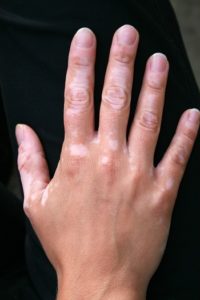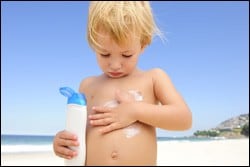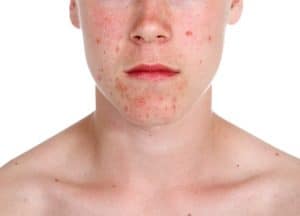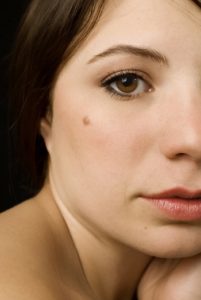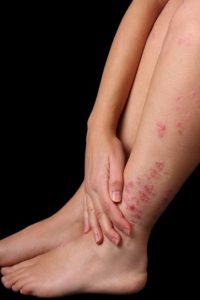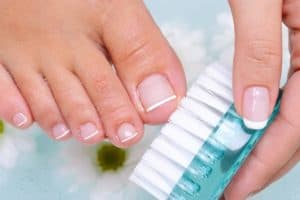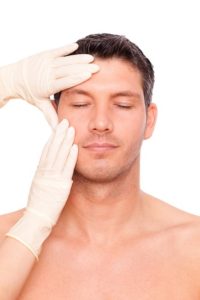Skin cancer
is one of the most common of all cancer types. Which occurs when malignant cells are found in the outer layers of your skin. More than 2 million people are diagnosed with skin cancer each year in the United States. Although the incidence of skin cancer continues to rise. Most cases could be prevented by limiting the skin's exposure to ultraviolet radiation.
Skin cancers fall into two major categories: melanoma and non-melanoma
- Basal cell carcinoma is rarely fatal and most commonly appears after the age of 40 in the form of lesions on the head or neck area, which may increase in size or bleed easily.
- Squamous cell carcinoma generally develops in people over 50 with sun-damaged skin. This is the most common form of non-melanoma cancer. These growths appear as flat and red, becoming raised, scaly patches.
- Melanoma is the most severe form of skin cancer, often occurring on the back in men and the legs in women. Risk increases with age and the average age of detection are between 45-50 years old. It usually appears as a dark flat or raised area on the skin and is often irregular in shape. Left untreated, melanoma can spread to other parts of the body.
First step: prevention
The good news is that with early detection and treatment. Non-melanoma cancers can be cured in over 99% of the cases, and melanoma is readily detectable and usually curable if treated early.
To start protecting your skin, limit sun exposure by seeking shade and always wearing sunscreen, even during the winter months. When possible, wear hats and sunglasses to protect your skin from the sun's harmful rays. UV exposure is one of the biggest contributors to skin cancer, which includes tanning booths. People with fair skin, several moles or freckles, or a family history of skin cancer are also at an increased risk for developing skin cancers.
Early detection and self-exams can save your life
Many types of skin cancer grow slowly, while some melanomas can appear very quickly. Detected in its early stages, skin cancer is very treatable. Use a mirror to examine unreachable parts of your body or ask a family member or friend to assist you. Check your moles regularly for any changes in appearance or sensitivity.
Skin cancer may be one of the most common types of cancer. But it is also one of the most preventable and curable. Take steps now to protect your skin. And visit your dermatologist for regular exams and to have any unusual findings checked.




